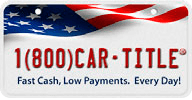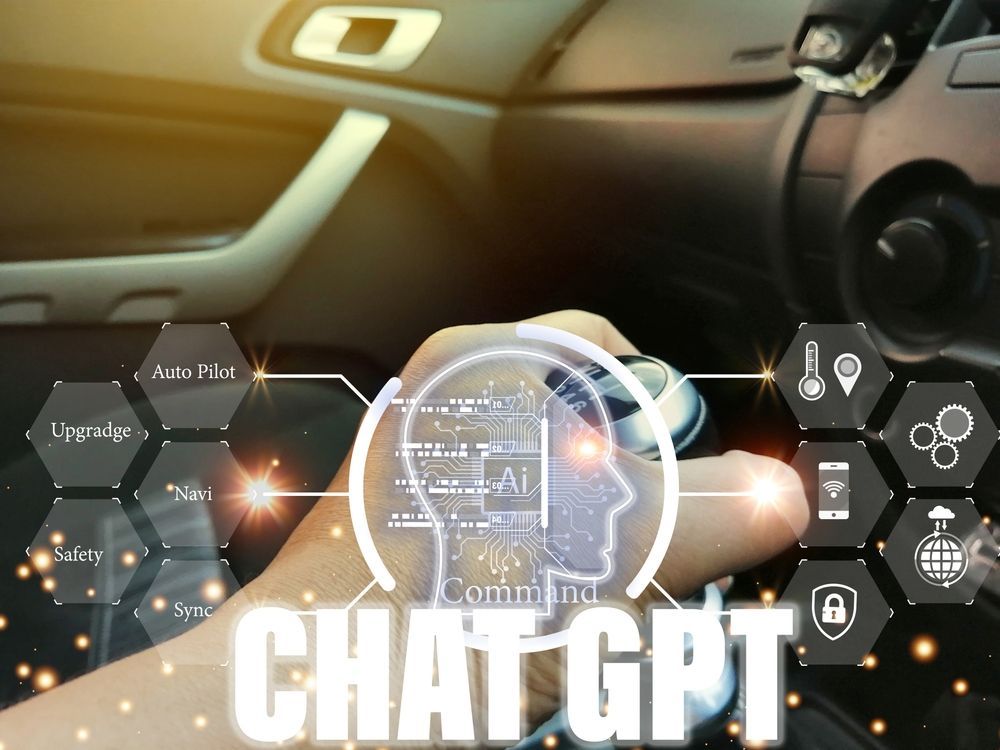Salvage Title Cars: The Ultimate Guide for Budget-Savvy Buyers
By Marcela De Vivo • October 24, 2024
Are you considering buying a salvage title car and do not know what to consider when buying one? You aren't alone. Many people consider buying a salvage title car and restoring it or consider buying one to save money.
This article will cover everything you need to know about salvage title cars, what they are, what to consider when buying one, and how to insure one.
What Is A Salvage Title Car?
A car gets a salvage title when the insurer determines it to be a total loss and warns new buyers that it has a significant issue. Cars are usually marked a total loss when damaged to the point that it doesn't make sense to repair them financially. Total loss usually occurs when the cost of repairs is between 60 to 100 percent of the car's pre-accident value.
Cars can get a
salvage title for several reasons, including:
- Involvement in an accident.
- Water, flood, or smoke damage from fire or damage caused by hail.
- A theft where a car is recovered after the claim was paid out.

What To Consider When Buying A Salvage Title Car?
There are many things to consider when buying a salvage title car, including:
1. Inspecting The Car
Inspecting a salvage title car can be crucial for safety reasons. Here are a few tips when inspecting the car:
- Ask A Mechanic For A Full Inspection: Don't rely on the owner's description of the current car's condition. Be sure to ask the vehicle inspector to look for frame damage that could affect the car's alignment.
- Get A Vehicle History Report: The vehicle history report may have additional information about the accident that led to the salvage title. Avoid any cars where the report designates that the vehicle was towed from the scene or if the airbag was activated. Both of these factors can be indicative of a serious accident.
- Learn As Much As Possible About The Damage: Ask the seller for any repair records or speak with an employee at the body shop that did the car repairs. Request photos of the car damage before the repair or search for them on Google by looking up the car's VIN.
- Take The Car For A Test Drive: Check every button and knob. Drive the car on the highway to ensure it works well. Find an empty road and test the breaks.
- Find Out When The Salvage Title Was Issued: If the salvage title was issued years ago and the car has been driven regularly since the repairs were sufficient. If the accident happened recently, there is more uncertainty with the car.
2. Understand The Repairs Needed
Now that you know everything you can about the car and its history, you will want to ensure you understand the repairs needed to get the vehicle up and running. Consulting with a certified mechanic can make you aware of all the repairs necessary and the costs involved with those repairs. If you are more mechanically inclined, you may be able to do some of the repairs yourself.
3. Estimating The Actual Value Of The Car
Salvage title cars can be valued in different ways by different insurance companies. There is no standard way to calculate the value of a salvaged car because it depends on the make and model of the vehicle. It also depends on how much damage there is compared to the cost of the vehicle in the present state.
Insurance companies appraise salvage title values as much as 80 percent less than the original purchase cost. They determine the car's value on whether it can be salvaged or considered a total loss. Other insurers are open to buying back rather than selling it to a junker.
Here are a few general guidelines for estimating the value of a salvage title vehicle:
- Check Vehicle Details
Determine the make, model, and type of the car, including its retail value on the purchase date. Using Kelly Blue Book can help you determine the cost of the car and its retail price.
- Determine The Current Market Value
Add the retail price to the appraised value determined by the insurer and divide it by two to get the current market value. This gives you the average rate of the price, or you can use the percent of depreciation to find the current market value of the car.
- Multiply The Current Market Value By The Percent Used By Insurance
After calculating the current market value, multiply it by the percent used by your insurance. The resulting number is the value of a salvaged vehicle. The appraisal done by a junker is typically valued for profit, so combining both estimates and dividing by two will give you a fair value for the car.
Can You Legally Drive A Car With A Salvage Title?
The laws and requirements for driving a salvage title car are different depending on the state. In most states, you can't drive a car with a salvage title on the road. The majority of states require you to have a rebuilt title for a salvage car before it can be driven on roadways. Choosing to drive a car with a salvage title can lead you to paying some hefty fines.
A rebuilt title shows that a car that was once determined to be a total loss has been restored to roadworthy condition. Once you have made the repairs on your vehicle, the next step is to visit a state-approved inspection facility for an inspection to determine if it is roadworthy. If the car is roadworthy, then you will be issued a rebuilt title by the DMV. The inspection requirements vary by state.
No, you can't insure a car with a salvage title; however, you can insure a rebuilt salvage car, but it's not always easy. Most states require a car inspection to verify that it is safe for the road. Some insurance companies will be concerned because it is difficult to place a value on a salvage car. Insurance companies are also strict about not covering previously caused damage.
You can usually get the insurance coverage you want once you meet these requirements:
- Getting a detailed inspection
- An on-site physical damage inspection by the insurance
- Current photos showing different views of the car
- DMV approval depends on the state
If your insurance company accepts rebuilt title cars, then you can usually get liability coverage as well as any other coverage that your state requires, like medical payments coverage, personal injury protection, etc. Depending on the insurer, you may or may not be able to get auto collision or comprehensive insurance coverage due to damage and issues with the car due to the accident.
Due to the car's history, if it has been rebuilt, it usually costs more to insure because the car may have issues that were not fixed when restoring it; the insurer may view you as more likely to be involved in an accident, leading to a higher insurance rate.
Should You Buy A Salvage Title Car?
Buying a car with a salvage title is a risky business if the car hasn't been rebuilt properly. Even if it has an inspection, your safety could still be at risk because something wasn't restored correctly. Dishonest auto sellers may also withhold information about a car with a salvage title, so doing your research is crucial.
There may also be the issue of value with salvage title cars, as well as paying more for insurance. A salvage title car can often be bought for less.
This doesn't mean that you should never buy a salvage title car. There are some benefits to doing so if you buy the right car and have the right skills. Mechanics, body shop techs, and car restorers may consider salvaging cars because they can complete most repairs or use the car for parts.
Overall, the most crucial aspect of buying a salvage title car is avoiding major damage that you can't repair yourself or don't want to pay someone else to repair.
HOW MUCH IS MY CAR WORTH?













